
Your pet eats too much
About half of all cats and dogs are overweight or obese, according to the Canadian Animal Health Institute. Excess weight is linked to joint and heart disease, as well as diabetes and cancer. For your pet’s health, sometimes love means saying no to those pleading eyes.
Look out for these signs your cat has cancer.

Portion control
Use a kitchen scale to portion food in grams, not scoops, to get a better idea of how much you’re giving Fluffy, says Dr. Gwen Jeun, a veterinarian in Windsor, Ont. As for treats, Jeun recommends including them in the total calories you feed your pet in a day and only giving these rewards if they’ve been earned.
Here are the easiest ways to get rid of pet odour.

Watch out for poisonous foods
Chocolate isn’t the sole food that’s lethal to dogs. Xylitol (an artificial sweetener), bread dough, grapes and macadamia nuts can also cause severe illness or death.

Dental hygiene is important
Ideally you’d brush your pet’s teeth every day, but most vets know that’s not easy. “I understand that people are busy,” says Jeun. “I recommend annual dental cleanings, under anaesthesia, to remove tartar and polish the teeth.” Doing so can stave off periodontal disease and bacteria, which can be harmful to the heart, lungs, kidneys and liver.
Learn to spot the signs your dog is secretly mad at you.
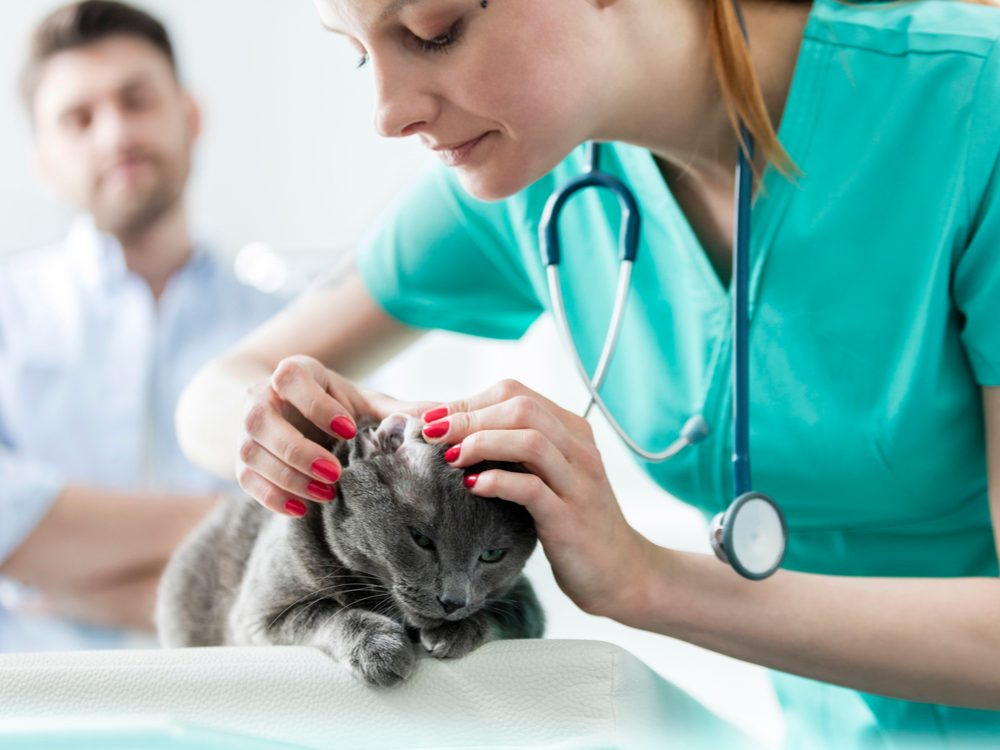
You need regular check-ups
Vets aren’t just for shots—annual exams can make the difference between catching a problem early and making a diagnosis too late.
Make sure you haven’t been misdiagnosing your pet.
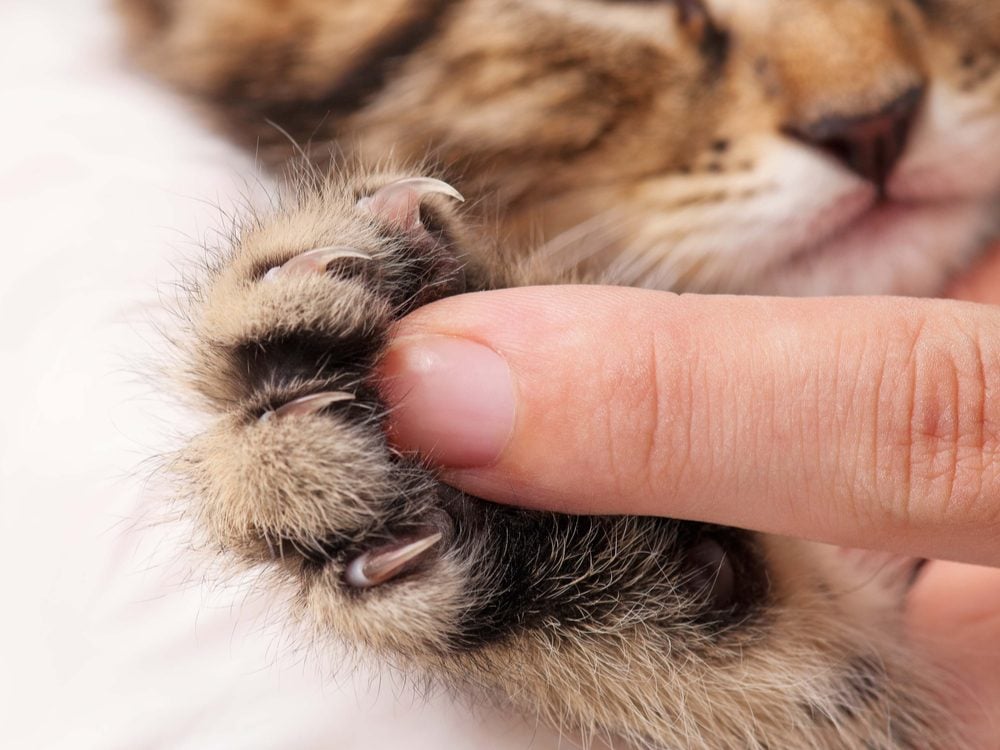
Kitty has claws
Don’t declaw your cat. The Canadian Veterinary Medical Association views the procedure, which is banned in some provinces, as unethical. “There are so many alternatives, like nail trimming, nail covers and teaching your cat where to scratch,” says Jeun.

Don’t trust a clinic that isn’t staffed overnight
Post-surgical complications in the wee hours will require a licensed vet. Since there are no laws mandating this level of care at non-emergency clinics, be sure to ask about it before booking.
Watch out for the signs your dog is having heat stroke.

Head to the pharmacy
Some pet medications, like insulin and antibiotics, can be purchased cheaper at your local (human) pharmacy. All your vet needs to do is write you a prescription, an option the College of Veterinarians of Ontario, for example, requires them to offer.
These are the symptoms of a dog ear infection.
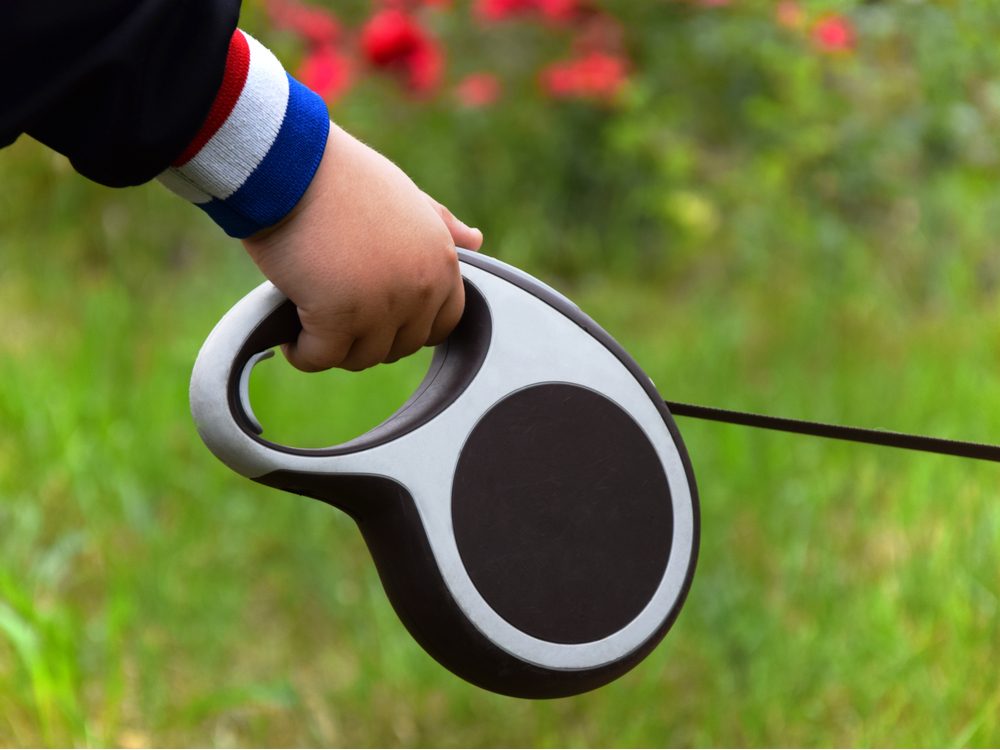
Stop using retractable leashes
You’ll never be able to get your dog out of harm’s way in time, and getting tangled in the thin cord can lead to burns, cuts and even finger amputations for humans.
Keep your fur baby happy with these summer dog safety tips.

Veterinarians are doctors
Vet fees may seem high, but consider that clinics are often stocked with the same state-of-the-art equipment used on humans. Vets are full-fledged MDs, requiring a minimum of six years of university education—more for specialists.
Find out how to tell if your dog has ear mites.
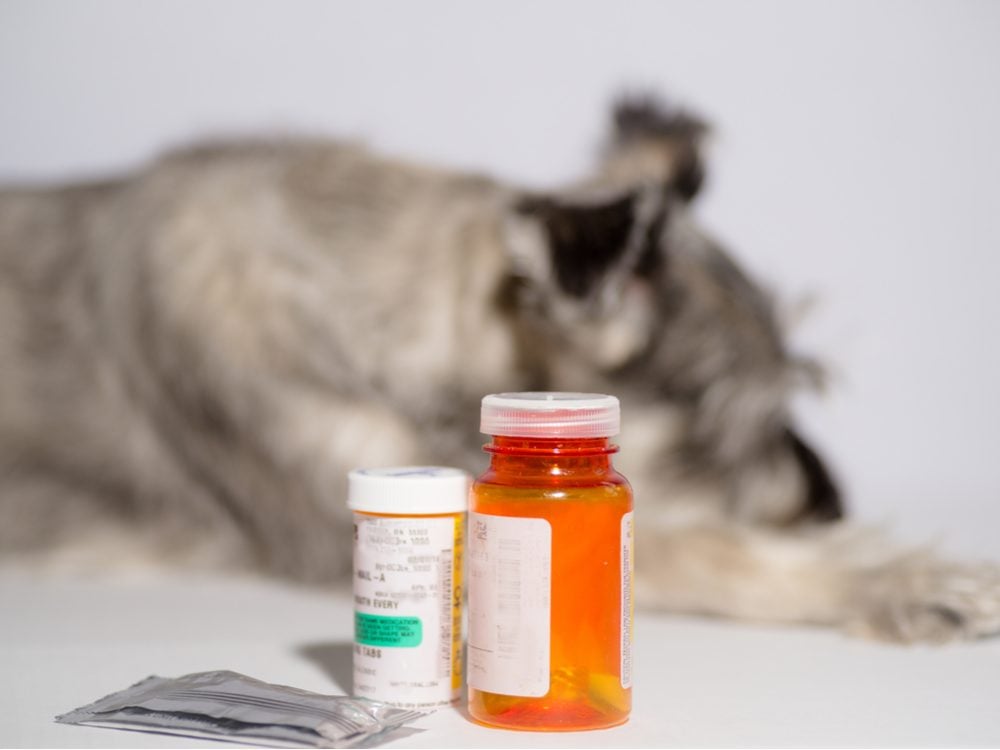
Painful goodbyes
Saying goodbye is difficult, but euthanasia is part of a vet’s job. The hardest aspect can be the agonizing discussions. “It’s hard not to be affected by the owners’ grief,” Jeun says. You’ll know it’s time when your pet’s bad days outnumber the good.
Consider trying these tips to boost your pet’s lifespan.

Get insured
Pet insurance can save you a lot. “An emergency surgery—can cost several thousand dollars, and insurance can cover up to 80 per cent of that,” says Jeun. What might not be covered: routine visits, shots and pre-existing medical conditions.
You can eliminate these health risks for pets right now!
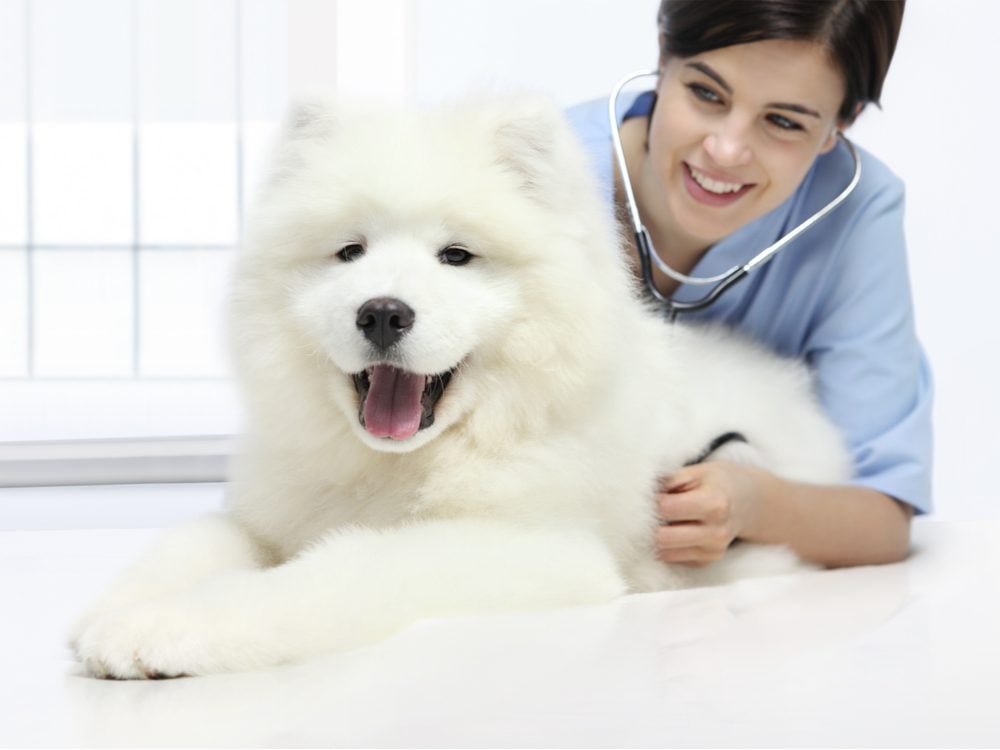
Finding the right fit
Word of mouth is the tried-and-true way of finding a good vet—but do your homework. Look up prospects on the website of your provincial licensing body to find out if your vet has a history of disciplinary actions against them.
Next, check out these secrets your pet wishes they could tell you.